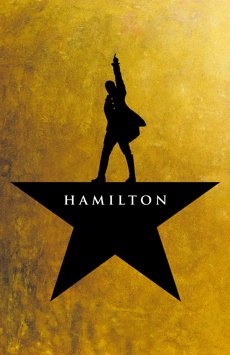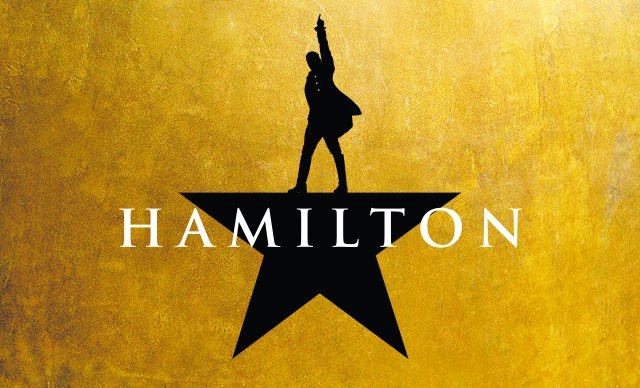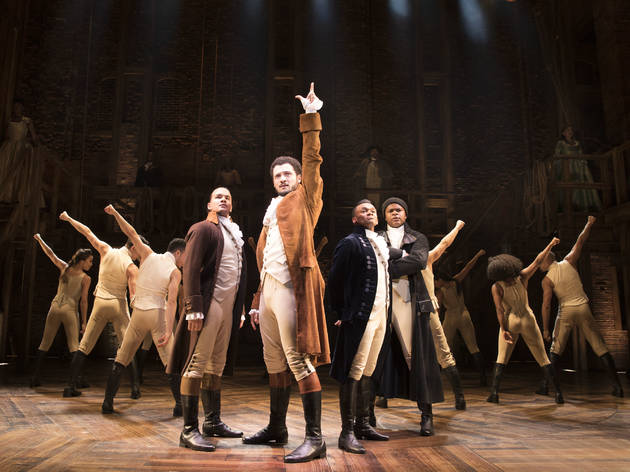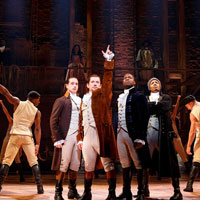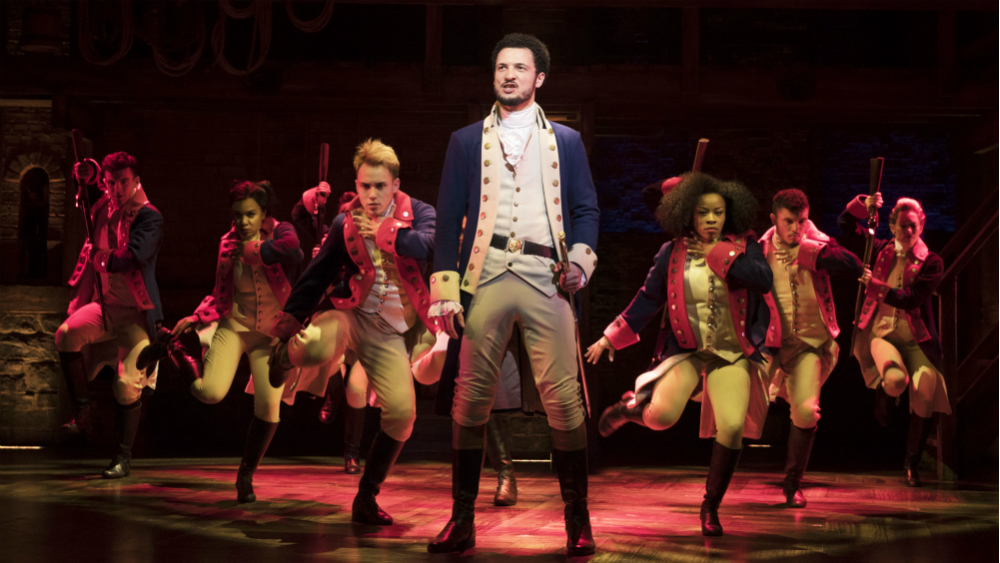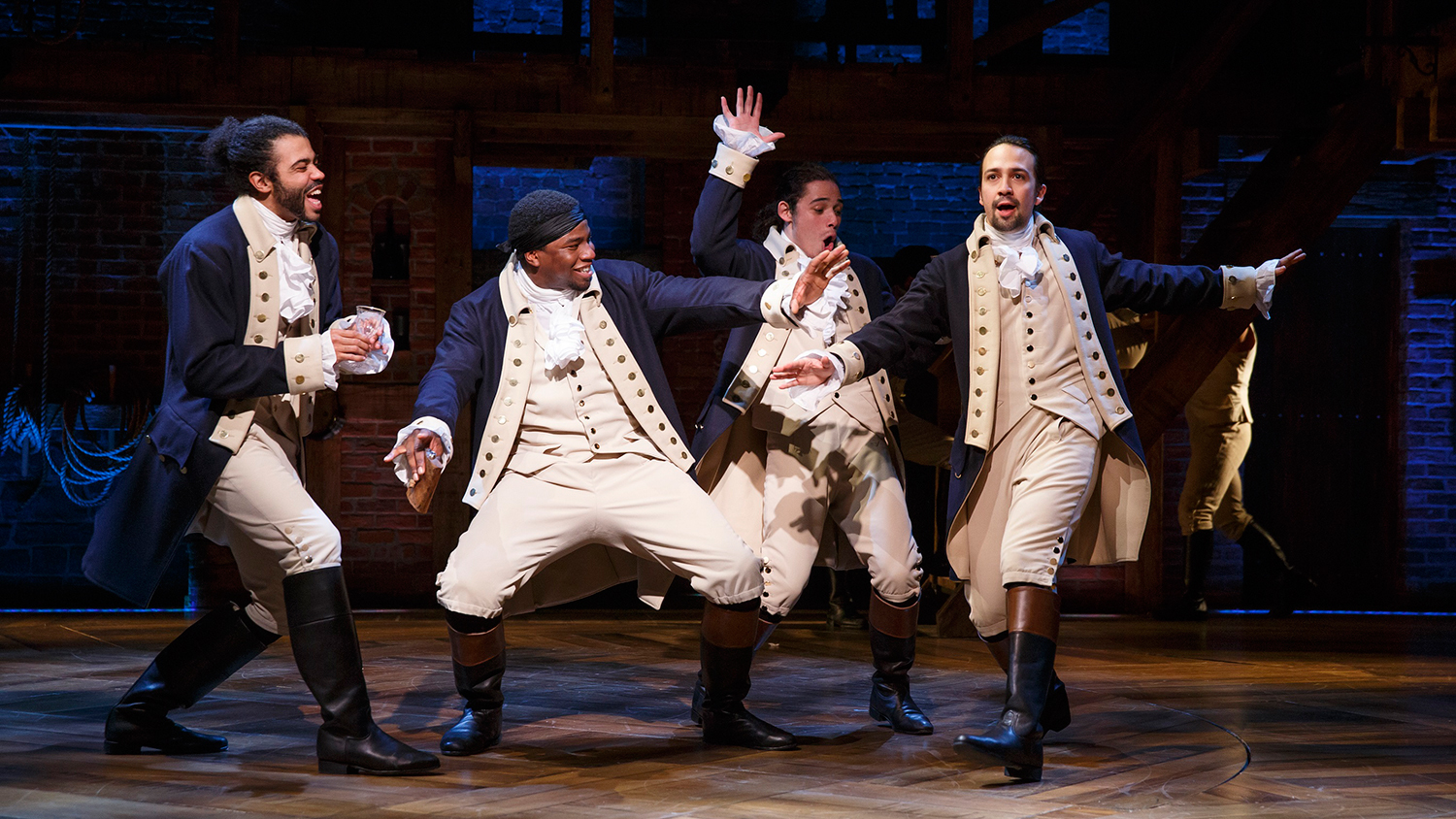
< /ˈroʊ ən/, 1805–65, Irish mathematician and astronomer.
noun
- a group of islands in the Atlantic, 580 miles (935 km) E of North Carolina: a British colony; resort. 19 sq. mi. (49 sq. km). Capital: Hamilton.
noun
- a port in central Canada, in S Ontario on Lake Ontario: iron and steel industry. Pop: 618 820 (2001)
- a city in New Zealand, on central North Island. Pop: 129 300 (2004 est)
- a town in S Scotland, in South Lanarkshire near Glasgow. Pop: 48 546 (2001)
- the capital and chief port of Bermuda. Pop: 3461 (2000)
- the former name of Churchill (def. 1)
noun
- Alexander. ?1757–1804, American statesman. He was a leader of the Federalists and as first secretary of the Treasury (1789–95) established a federal bank
- Lady Emma. ?1765–1815, mistress of Nelson
- James, 1st Duke of Hamilton. 1606–49, Scottish supporter of Charles I in the English Civil War: defeated by Cromwell at the Battle of Preston and executed
- Lewis (Carl) . born 1985, English racing driver; Formula One world champion (2008)
- Richard. 1922–2011, British artist: a pioneer of the pop art style
- Sir William Rowan. 1805–65, Irish mathematician: founded Hamiltonian mechanics and formulated the theory of quaternions
noun
- a UK Overseas Territory consisting of a group of over 150 coral islands (the Bermudas) in the NW Atlantic: discovered in about 1503, colonized by the British by 1612, although not acquired by the British crown until 1684. Capital: Hamilton. Pop: 69 467 (2013 est). Area: 53 sq km (20 sq miles)
Atlantic island, named for Spanish explorer Juan de Bermudez (d.1570), who discovered it c.1515. Bermuda shorts first attested 1946 (in “The Princeton Alumni Weekly”), from the type of garb worn by U.S. tourists there. Bermuda triangle in the supernatural sense was popular from 1972. As the adjective form, Bermudian (1777) holds seniority over Bermudan (1895).
- American toxicologist and physician known for her research on occupational poisons and her book Industrial Poisons in the United States (1925).
Colony of Britain, made up of some three hundred coral islets and islands in the Atlantic Ocean southeast of Cape Hatteras.
 Liberal Dictionary English Dictionary
Liberal Dictionary English Dictionary
